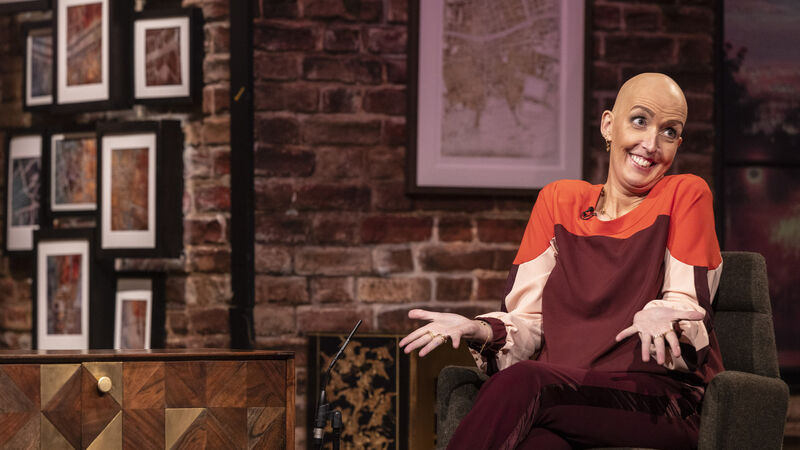Karen Murray: Vicky Phelan was a relatable warrior for those on a cancer journey

Vicky Phelan chatting to Ryan Tubridy on The Late Late Show. Picture: Andres Poveda
I never met Vicky Phelan, but she was a kindred spirit; focused, never afraid to speak her mind, and — by her own admission — a bit of a control freak.
A few years younger, with a daughter and son of similar ages to my two. We both had cancer, but I had the luxury of wallowing in my — thankfully curable — illness back in 2011, and, unlike Vicky, didn’t face the Hobson’s choice of (a) sloping away from a courthouse to die quietly; or (b) taking on the establishment so that others would not face a similar fate.










